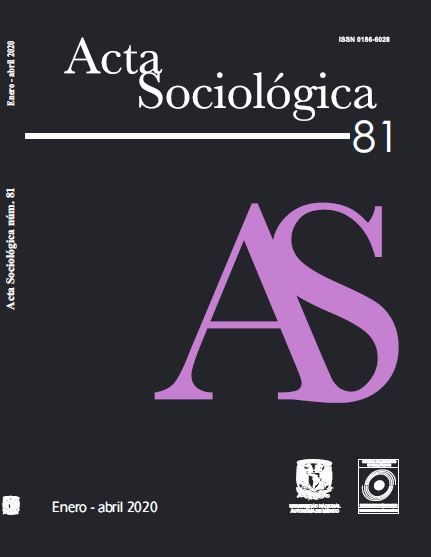Matrimonio y trabajo: las mujeres de inicio del siglo XX en la obra de Marianne Schintger
Contenido principal del artículo
Resumen
Hacia 1890 entraba en vigor un nuevo código civil en Alemania, ampliamente criticado en los círculos feministas e intelectuales, entre ellos el círculo al que pertenecía Marianne Schnitger, ya que conservaba intactos los privilegios del marido sobre la esposa; la ley subordinaba a las mujeres y a los niños a la tutela del esposo. Al mismo tiempo, la mujer formaba parte cada vez más activa en el mercado de trabajo industrial asalariado. En este contexto social y político, Schnitger, desde el género biográfico, incluye en sus escritos una amplia reflexión sociológica sobre el papel específico de los géneros en su momento histórico, el asunto de las cuestiones morales y, sobre todo, la postura de la mujer frente al trabajo y el matrimonio. Así pues, en el presente trabajo se rastrean dichas reflexiones. Se presenta el diagnóstico de la autora en torno al papel de la mujer en el matrimonio, en el trabajo asalariado, en la cultura objetiva; como parte de un diagnóstico de la modernidad y de cómo se han configurado y reconfigurado las relaciones matrimoniales y el papel social de la mujer, tanto en la esfera del hogar, como en la vida pública.
Detalles del artículo
Cómo citar
Tenorio Tovar, N. (2020). Matrimonio y trabajo: las mujeres de inicio del siglo XX en la obra de Marianne Schintger. Acta Sociológica, (81), 143–166. https://doi.org/10.22201/fcpys.24484938e.2020.81.77672
